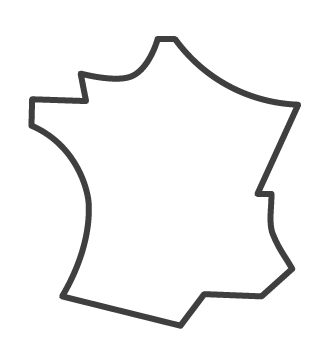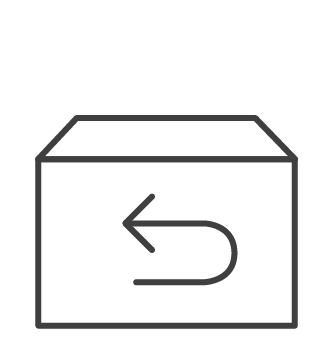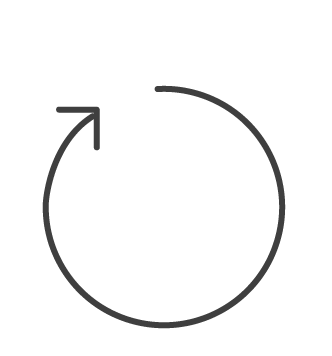vegan innovation
We offer a new approach to luxury leather goods, as qualitative and durable but much more sustainable.
Our materials must meet strict specifications:
to offer an exceptional sensory experience,
to prove as strong and resistant as leather
and to have the lowest possible impact on our planet.
The materials that meet our criteria and can be used for our products all share the name “M_MAT”.
M_MAT_Cactus
First material we selected in 2021, this low-impact bio-based alternative to leather is made from Mexican cactus.
Our M_MAT_cactus is made from Nopal cactus by Mexican company Adriano di Marti.
Fully integrated into the local flora, this cactus is grown according to organic farming methods and without resorting to irrigation.
Nopal is also an exceptional CO2 trap, which allows Adriano di Marti's crops to have a clearly-positive carbon footprint.
This innovative material shows a much better impact on the environment compared to leather. And there is no longer any question of cruelty to animals.
Access Adriano di Marti’s environmental performance data here.
M_MAT_mycelium
The M_MAT_mycelium is our second vegan innovation, released in October 2023 after 18 months of development with our European partner MycaNova.
The M_MAT_mycelium is made in Italy by MycaNova, with mycelium grown in Belgium from a double upcycling process, which gives it a very low impact on the environment.
This mycelium is combined by MycaNova with a recycled nylon fabric, using mostly bio-based binding agents, to produce a biomaterial with a carbon footprint even lower that M_MAT_cactus.
Discover the story behind M_MAT_mycelium here.
M_MAT_biofabbrica
The M_MAT_biofabbrica is our latest innovation, launched in partnership with Modern Meadow, an American bio-innovation company, and Limonta, an Italian leader in luxury fabric manufacturing.
Made from soy proteins upcycled from the food industry, polymers and microfiber fabric, this versatile biomaterial offers an amazing sensory experience and a large field of applications for MAES Paris.
Thanks to its innovative concept based on bio-based proteins, polymers and microfiber fabric, The M_MAT_biofabbrica delivers an impact on the environment much lower than traditional chrome-tanned leather, with a reduction of 91% of greenhouse gas emissions, 83% of water consumption and 75% of non-renewable energy consumption (source: Modern Meadow).
Discover more on Modern Meadow's bio-innovation here.
DETERMINED TO DO BETTER
The alternatives to leather we use reflect our commitment to innovate and offer better ways for our planet.
Many factors must be factored in to determine the impact on the environment and perform a full lifecycle analysis (LCA). We decided to show 3 criteria to illustrate the beneficial impact of our innovative materials.
(data extracted from LCA analysis performed by our partners - link to information shared above)
BEAUTY MADE TO LAST
All our vegan materials are tested by an independent laboratory under the most demanding criteria (ISO or French standards), the very same standards and tests used by the leather goods industry.
These tests allow us to control the physical properties of our materials (such as traction and tearing resistance, abrasion, flexibility) and consequently to ensure their ability to withstand the test of time.


GOING FURTHER
We put a lot of energy to constantly identify new solutions and continue to reduce the impact of our products.
Our threads, stiffeners and zipper ribbons are made with recycled materials.
Our linings, when not made directly with our M_MAT materials, are made with organic-cotton fabric or innovative fabrics including significant percentages of bio-based components.
UPCYCLED LEATHER
Vegan innovation is at the core of MAES Paris' DNA, but our commitment on sustainability has also led us to consider the issue of circularity.
5% to 20% of the materials produced for luxury fashion end up in dead stocks because of over-purchasing, discontinued collections or products cancelled before even being launched...
In the end some exceptional leather is unused and ends up in landfills or even destroyed. At the same time new leather is being produced every day, with a significant impact on the environment.
We craft exclusive series of just a few units and even unique creations from luxury leather deadstock.
(photo credits : Adapta Paris)







